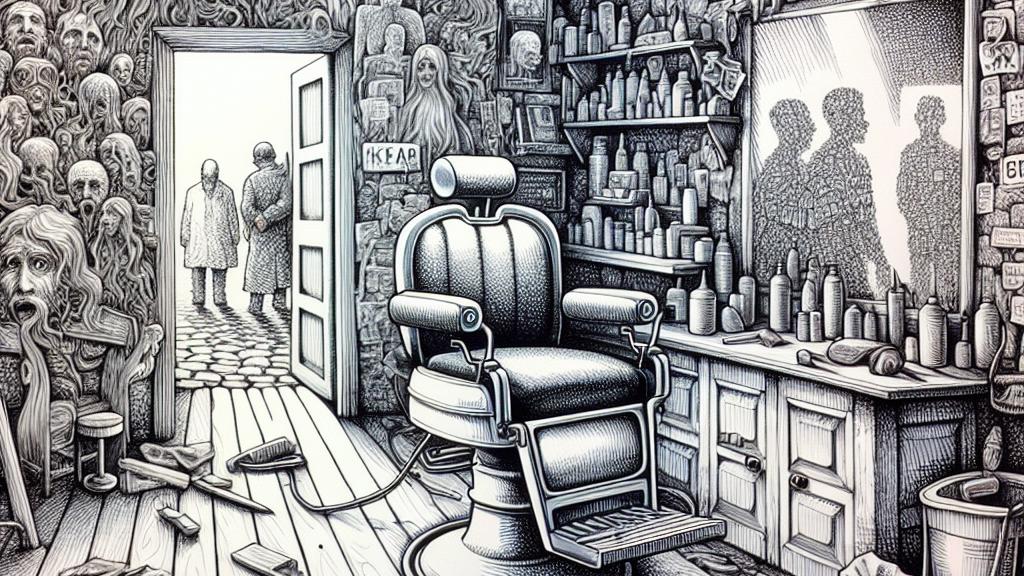Understanding Recent Abductions and Their Impact in Kenya
Overview
- Kenya is facing a staggering rise in the abduction of government critics, with over 80 reported cases.
- A climate of fear is returning, reminiscent of dark days marked by state-sponsored disappearances.
- Vigorous public protests demonstrate families' desperate calls for justice and government accountability.

The Alarming Surge of Abductions
Recently, Kenya has been rocked by a disturbing trend: more than 80 individuals, particularly critics of the government, have mysteriously vanished. This alarming situation began as nationwide protests erupted against tax increases last June, and it has since spiraled into a humanitarian crisis. Take the story of Billy Mwangi, a 24-year-old college student. He was abducted in broad daylight from a barbershop, and his frantic family endured weeks filled with anxiety and dread. Throughout the country, whispers of fear grow louder as communities remember the grim history of similar state-sponsored kidnappings. These personal stories, tinged with trauma and uncertainty, illustrate the deep emotional scars such events leave on families and societies alike.
Government Denial and Growing Public Anger
In the face of escalating public outrage, the Kenyan government maintains a steadfast denial regarding its involvement in these abductions. Authorities insist that no illegal detentions are occurring, yet, as people rally in the streets, it becomes evident that public trust is rapidly eroding. Lines of protesters have filled the streets demanding justice, while a judge has threatened to imprison police officials for ignoring court orders. The collective outrage expresses a society unwilling to remain silent about these violations of rights. Witnessing the heartbreaking pleas of families searching for their loved ones, one cannot help but feel the weight of this profound injustice. The urgency for accountability rings loud, demanding that the government considers the cries of its citizens.
A Deteriorating Threat to Civil Liberties and National Security
The implications of these abductions extend far beyond individual cases. They pose a serious threat to civil liberties and national security in Kenya. Analysts suggest that the ongoing targeting of vocal critics and protestors signals a return to an oppressive regime. Young activists who once boldly voiced their demands for justice are now gripped by fear, forcing many into silence. The stark reality is that each abduction not only robs individuals of their freedom but also undermines the democratic fabric of the nation. Take, for instance, the chilling accounts of protestors facing violent crackdowns during rallies—mere echoes of a government that is willing to silence dissent by any means necessary. Yet, there remains a glimmer of hope, as communities band together, demanding answers and standing firm against intimidation. Together, they are determined to confront this growing tide of oppression, making it clear that their fight for justice cannot be quelled.

Loading...